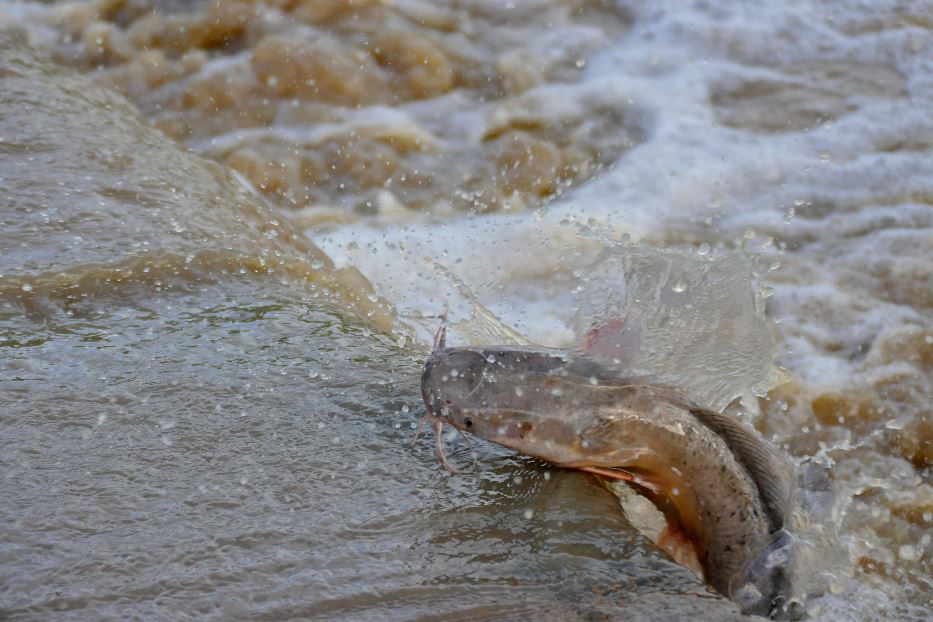Mucus from the skin of the African catfish can produce a compound with strong antibacterial properties. Scientists from the University of California discovered it and described this new material, presenting the results of their work during the Meeting of the American Society for Biochemistry and Molecular Biology in Davis, where the university is based.
A team led by Hedmon Okella has extracted a compound from the skin of farmed African catfish that could improve the fight against antibiotic-resistant bacteria. “Antimicrobial resistance – comments Okella – represents a global threat to public health and requires the search for new safe and effective substances. From this point of view, antimicrobial peptides represent a promising path.” As part of the work, the scientists extracted amino acid chains from mucus from the skin of the African catfish, a curious species of fish that is also able to breathe air.
Using artificial intelligence algorithms, the experts selected peptides that had antibacterial properties and then synthesized the most promising alternative to NACAP-II. The efficacy and safety of this compound was tested on mammalian blood cells infected with Escherichia Coli. Tests showed that the protein was able to cause bacteria to break down without disrupting the integrity of blood cells. The authors point out that further research will be needed to demonstrate the compound’s potential as an antibiotic and antibacterial agent in further preclinical studies.
“Preliminary results – explains Okella – indicate that NACAP-II can destroy the bacterial cell envelope even at low concentrations, potentially harmless to human cells.” The mucus present on the skin of African catfish actually protects specimens from infection, physically transports germs outside the epidermis, and produces peptide compounds. In addition, the authors point out that many drugs currently on the market are based on products found in nature, so it is reasonable to assume that there are many more that are still unknown. “Marine and aquatic organisms represent a particularly rich source of bioactive compounds – concludes Okella – in the next steps we will try to investigate the effects of the peptide in animal models. We are currently using chemical synthesis to increase the production of this peptide, which we believe will one day be “useful as a drug candidate in the fight against antimicrobial resistance”.

